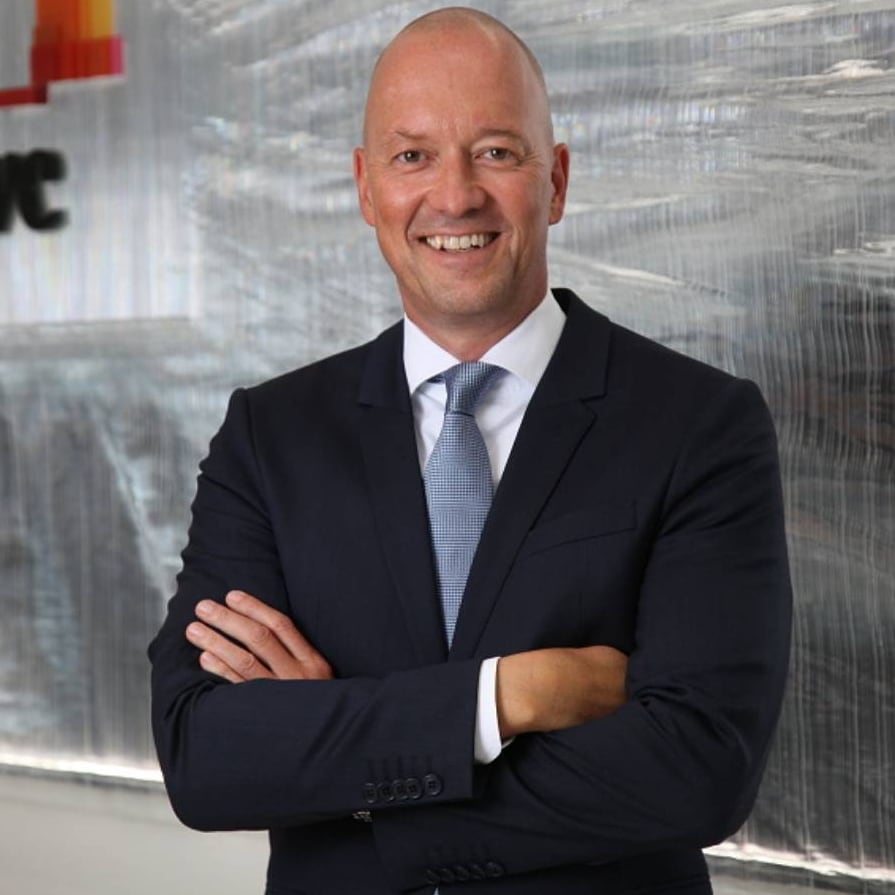Think about cities in Central and Eastern Europe.
What if we said that the future of urban mobility is already in motion? The CEE Smart Cities Mobility Index finds that cities in our region are well on the way to a sustainable future. CEE cities are innovating and evolving in a smarter direction in how their citizens get around. There is, however, still a long way to travel.
The question is—how can we drive the future of CEE cities together?
The CEE Smart Cities Mobility Index strives for a better understanding of smart cities and mobility in major cities in Central and Eastern Europe (CEE). Inspired by a global PwC report, Smart Cities: Mobility ecosystems for a more sustainable future, published in 2022, the CEE edition encompasses 25 cities across the region.
The Index is intended to be a starting point for collective regional action—an honest assessment of the state of the smart city thinking and activities of Central and Eastern European urban mobility stakeholders. The Index reflects the need to assess and acknowledge the challenges that the region faces—but also to identify and showcase best practices that are currently to be found in CEE cities. It also strives to provide insights for urban decision-makers throughout our region.
In preparing this Index, PwC CEE has worked with several partner organisations: AVERE, The European Association for Electromobility, CEE GTI (Central and Eastern Europe Green Transport Initiative), PSNM (The New Mobility Association) and EIT Urban Mobility. We are grateful for their partnership and contributions, as well as the inputs from several contacts within the cities in scope. We are proud to present our findings.
“Improving the quality of life in cities is what all urban stakeholders should strive for, and becoming better in urban mobility is fundamental for making progress in cities across the CEE region. I trust the report will help provide a baseline to understand the status quo and give impulses for improving mobility in CEE cities. A key purpose of the PwC CEE Smart Cities Mobility Index is to play a role in encouraging further improvements in smart city thinking and practice across our region and beyond.”

Methodology and analysis
The Index is based on data collected in four broad categories: traffic management, environmental sustainability, public transport and active mobility.
- Segregated cycling infrastructure, share of people walking on a typical day, share of people cycling on a typical day.
- Cost of monthly public transport ticket, cost of a taxi journey, public transport usage and satisfaction
- Congestion levels, journey times, inefficiency index/car usage, battery-operated rates and charging infrastructure
- Air pollution, PM2.5 and PM10 (μg/m3) and CO2 emissions due to traffic
The CEE Smart Cities Mobility Index’s methodology is built on two key elements. A quantitative data analysis provides a statistical understanding of the current state of smart mobility in the featured cities. Secondly, qualitative information from key stakeholder interviews identifies smart mobility challenges and best practice through numerous case studies.
“We are excited to see the rapid development of sustainable transport solutions across Central and Eastern Europe. The region is embracing smart mobility, electric vehicles and green technologies with a level of innovation and collaboration that is truly inspiring. By bringing together governments, businesses and local communities, significant strides are being made toward reducing emissions, enhancing public transport and creating more livable cities. However, there are still huge challenges ahead, particularly in scaling infrastructure and ensuring long-term sustainability. Nevertheless, the positive momentum in this part of the world is a key step in advancing the broader vision of a sustainable and connected Europe.”

Consider these notable findings from the CEE Smart Cities Mobility Index Key findings
Data on smart mobility isn’t readily available in our region—that’s why this work in attempting to establish an initial baseline is so important.
Air quality is a major challenge faced by our region’s cities. Only one city in the Index, Tallinn, has air quality that meets World Health Organisation safety standards.

Best-performing cities are located within the EU and in the western part of our region. Geography and history are important—but policy context also appears influential in why EU countries perform better.
Producing Sustainable Urban Mobility Plans (SUMPs) appear to have focused minds in CEE-EU cities in finding innovative ways to make urban mobility more sustainable.

The role of tax deductions, state aid and EU funding—and cross-sectoral collaboration, are top of the mind for CEE local authorities and other mobility stakeholders.

Local authorities across the region might consider taking a more active role in improving BEV infrastructure. Battery Electric Vehicle (BEV) infrastructure is improving, but in most cities, this is very much private sector-led.

Meeting the ambitious targets of the European Green Deal will be very challenging for CEE-EU cities, and for CEE cities more generally.

There are some shining examples of good progress—but collectively we need to pick up the pace of transformation.
“Transformation in urban mobility is well underway. That is the key message I take from the findings of the CEE Smart Cities Mobility Index. We can see progress towards mobility ecosystems that pollute less and move people more efficiently around our region’s cities. What is also clear, however, is the long way that all stakeholders have to travel towards a more sustainable future. As this transition gathers pace, it's important to keep in mind that cities can meet mobility challenges only through collaboration between citizens, representatives of local and national governments, and business leaders in the automotive and energy industries and the wider private sector.”

Connect with us
Together we can transform smart mobility in Central and Eastern Europe and work collaboratively for a more sustainable and smart future in our cities.
Discover the ways you can work together with PwC to make your city smarter
Contact us



PwC CEE Government & Public Services Leader, PwC Central and Eastern Europe
Tel: +381 11 3302112


Jens Hörning
Partner, CEE Industrial Manufacturing and Automotive Industry Leader, PwC Central and Eastern Europe
Tel: +421 259 350 432

Partner, Entrepreneurial and Family Business Leader, PwC Central and Eastern Europe
Tel: +48 502 184 294

Jeffery McMillan
CEE Director of Brand, Marketing & Communications, PwC Central and Eastern Europe
Tel: +48 519 506 633



